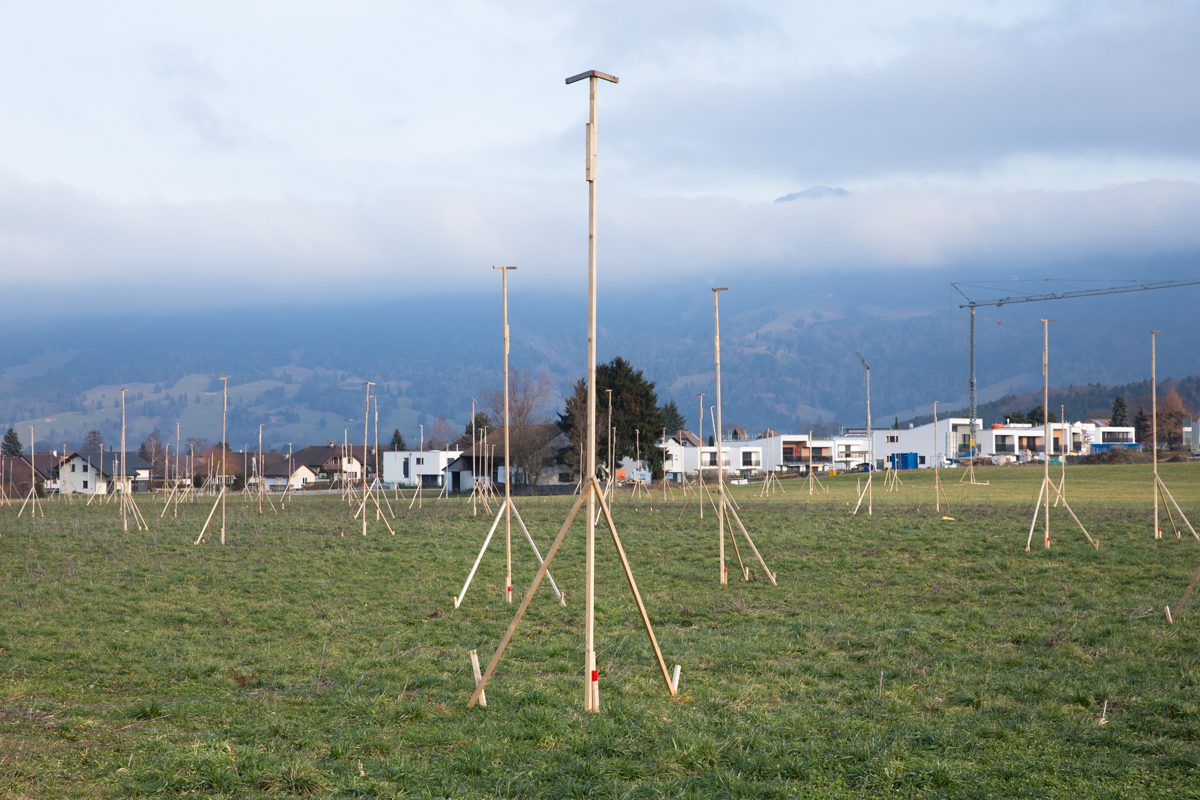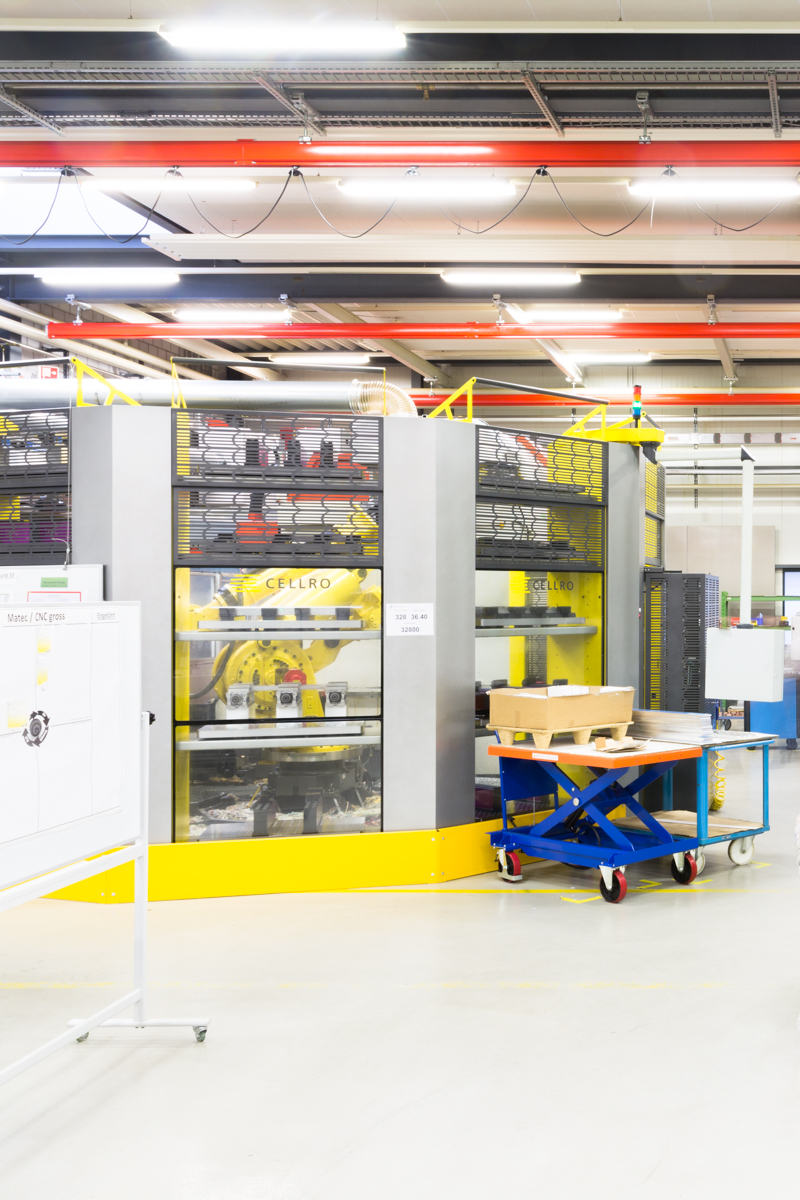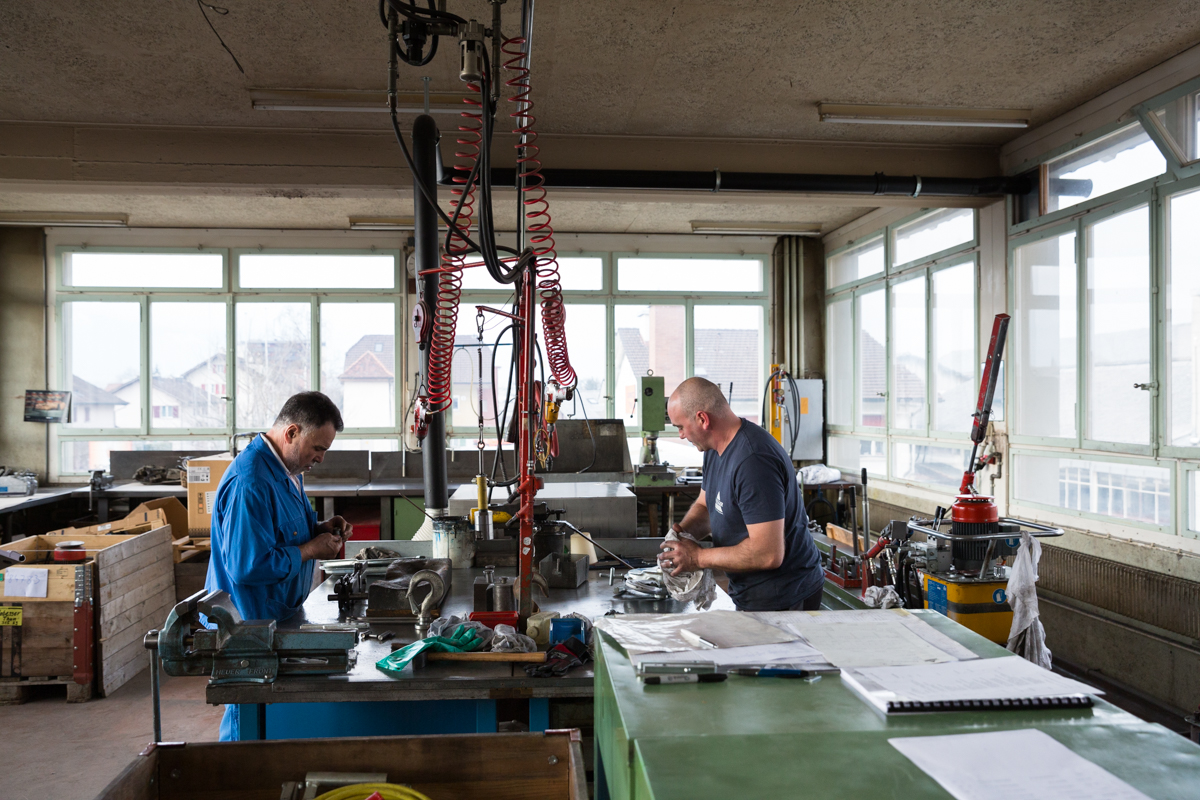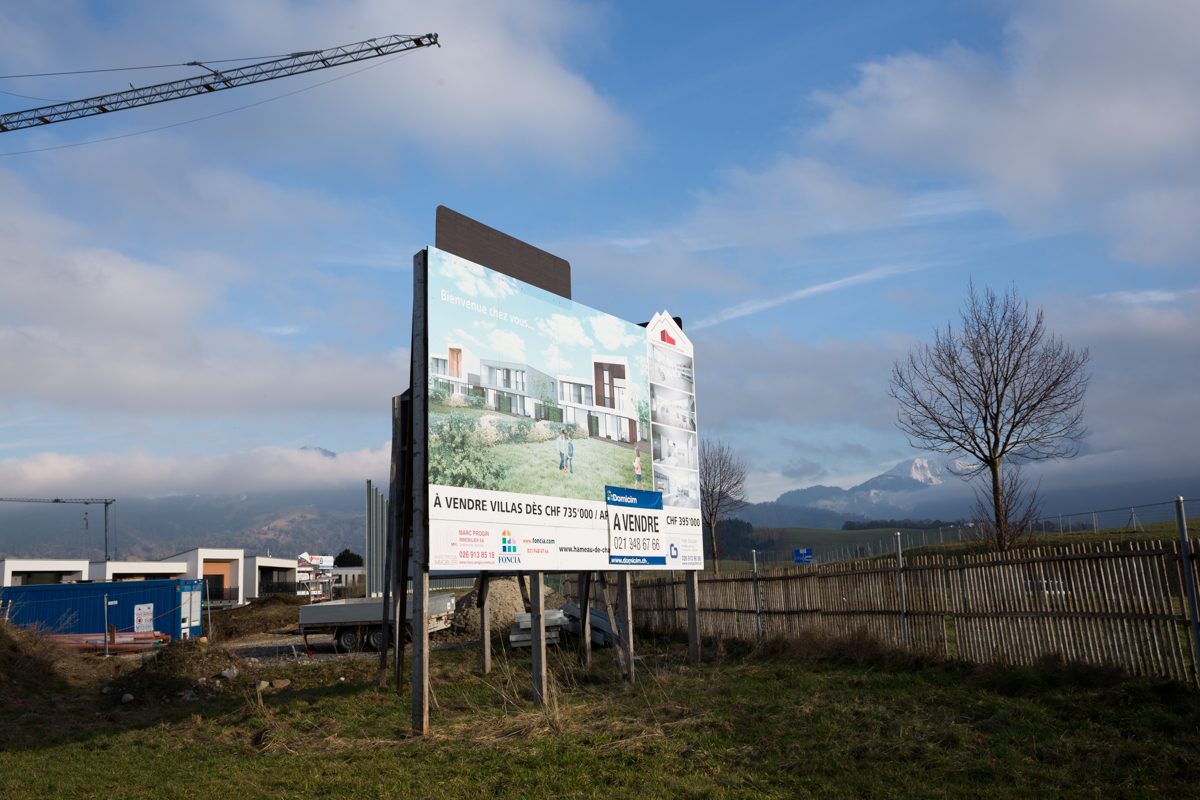URBAN STUDIES
7 March 2019
URBAN STUDIES
Prof. Heike Mayer
“My research examines the economic transformation of small and medium-sized towns. I am interested in such places because they play an important role in polycentric urban systems and we need to understand their economies and the implications of their transformation for policies related to economic development and urban planning.”
Featured in the SNSF annual report Profil 2017-2018
Download the PDF












